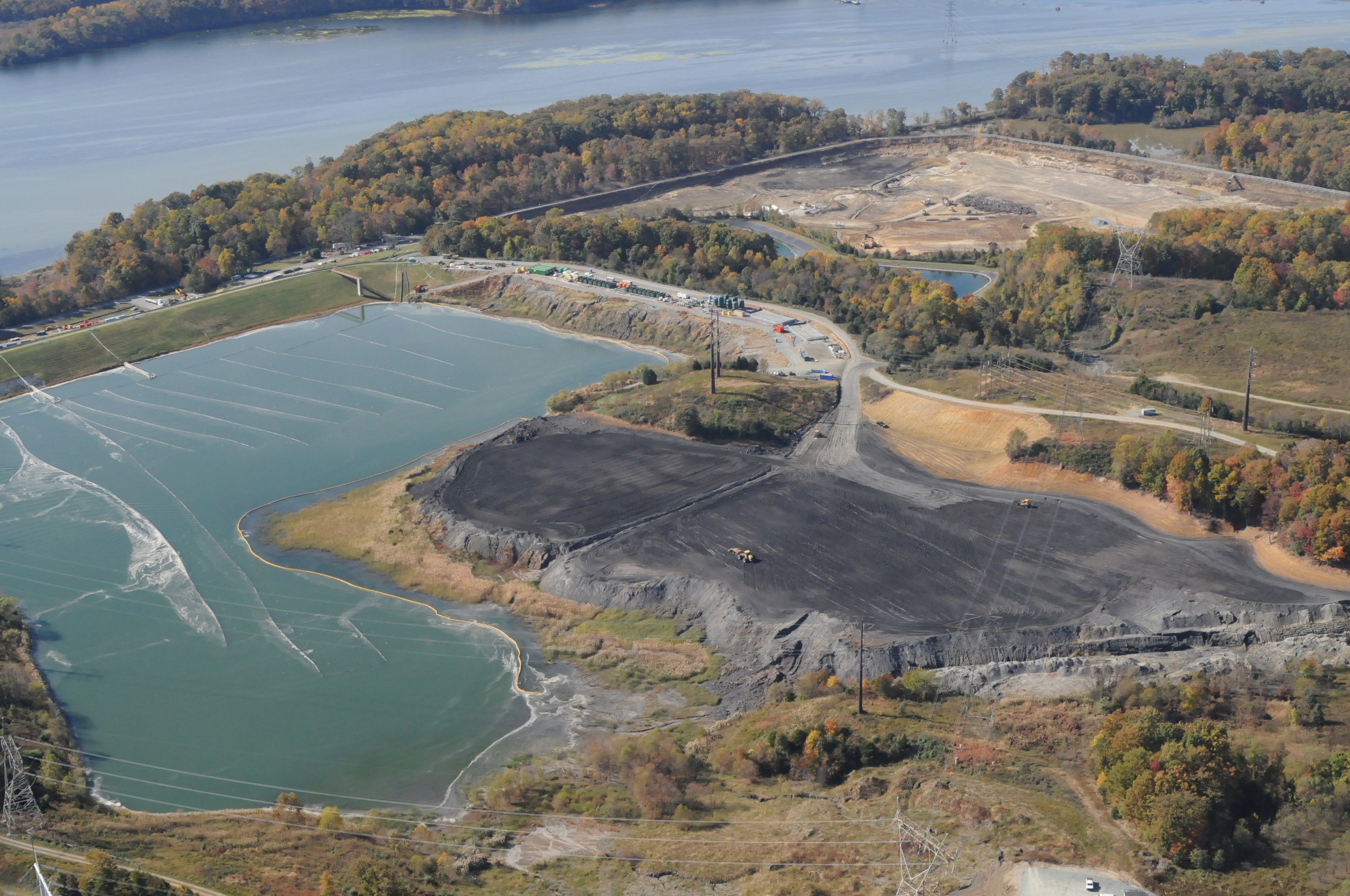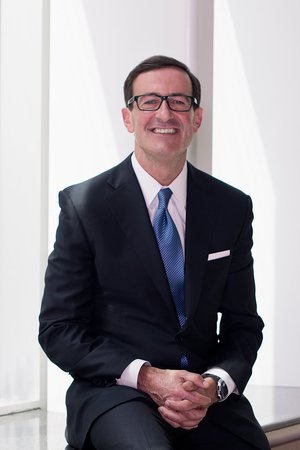Please note these two updates to our grant opportunity as previously posted:
The review committee will now consider (on a case by case basis) larger grants for comprehensive coordinated proposals from applicants that seek to work in multiple jurisdictions.
Additionally, organizations may apply to the 2020 Census opportunity AND the Resilience Fund if they fit the eligibility criteria for both RFPs.
Currently we are less than one year from the commencement of the 2020 Census. Increased understanding of the importance of the census, how it is used, and the potential impact of a complete and accurate count, messaged for relevance, can inform regional awareness and inspire local action.
The 2020 Count DMV In Census Project will entertain applications from nonprofit organizations who will undertake activities that will focus on hard to count communities in the Washington, DC region. For information about the hard to count communities in our region, click here.
Funding will be provided for activities, including, but not limited to:
Public education and information activities
Outreach and mobilization
Indirect assistance to individuals and families completing the 2020 Census Form
Communications and media work
Partnerships with community and nonprofit organizations, small businesses, and local governments to conduct public education and outreach
Grants Available
Grant awards will range between $5,000-$20,000 for program requests only. General operating requests will not be accepted. The Review Committee will consider (on a case by case basis) larger grants for comprehensive coordinated proposals for applicants that seek to work in multiple jurisdictions.
Eligibility Criteria
Organizations must be 501(c)3 nonprofits or have partnerships that appoint a 501(c)3 nonprofit institution as their fiduciary agent.
Organizations are required to operate in Washington, DC or the following counties: Montgomery and Prince George’s, MD; Arlington, Fairfax, Prince William, Loudoun, and the cities of Alexandria, Falls Church, Fairfax, Manassas, and Manassas Park in Virginia.
Organizations that are valued by the community as a “trusted messenger” and resource as evidenced by extensive experience or a mission that includes providing direct services, outreach, and engagement of hard to count communities.
Application Process
Proposals must be submitted through our online grant application system, Gifts Online. No hard copy, email or faxed proposals will be accepted. Applications are due by 4:00 p.m. on Monday, July 29. Proposals will be reviewed in August 2019 and applicants will be notified if they have been selected for funding by September 2019.
Please note: Applicants must have a functioning Internet connection and one of the following browsers, with cookies enabled: Internet Explorer v7 or higher Firefox v3 or higher.
Questions
For any questions regarding this funding opportunity or technical assistance with the online application system, please reach out to Melen Hagos. No calls, please.












![Nicky+Goren_credit+Lisa+Helfert[1].jpg](https://images.squarespace-cdn.com/content/v1/58f791ec37c58188d411874a/1522848227229-DEDSCE0FKGH75WC8U6SW/Nicky%2BGoren_credit%2BLisa%2BHelfert%5B1%5D.jpg)
![2317+-+Bruce+McNamer+-+Sitting[2].jpg](https://images.squarespace-cdn.com/content/v1/58f791ec37c58188d411874a/1522848380041-GLNV5WEAGMP7YPJZDXRR/2317%2B-%2BBruce%2BMcNamer%2B-%2BSitting%5B2%5D.jpg)